Having your social media account hacked may be a terrifying experience, especially if your livelihood depends on it for sales and inbound marketing.
So, what steps should you take to avoid having your social media account hacked?
So, in this article, we’ll go through how to safeguard your social media account and prevent falling into fraudsters’ scams.
How can you identify if your social media account has been hacked?
- Odd behaviour, such as malware appearing in your feed, is one example.
- Inappropriate photographs on your account that you haven’t posted.
- Malicious links delivered to your followers.
- Details like your email address and phone number have been reset.
How to Prevent Hackers from Accessing Your social media Account
- Two-factor verification should be enabled:
Two-factor verification adds an extra layer of security to the sign in process. You must input a code you got via SMS or a verification app every time you wish to access your account. While this may seem tedious and take longer to sign in, it is worthwhile to enable since it offers an additional degree of protection.
- Always make a secure password:
It’s really a smart idea to use a different password for each account, as this makes it more difficult for hackers to hack all of your data. Use a secure password that contains letters, special characters and numbers at all times. We recommend using a password manager for optimum social media security as it creates secure passwords for you as well as preserves them safe. Also, remember to update your passwords on a regular basis, since this is one of the finest cyber hygiene habits.
- Third-party applications shouldn’t have access to your data:
You can prevent third-party applications from accessing your social media account data. Like security and general settings. Your social network profile and customer data may be accessible to them.
- Do not open emails that appear to be suspicious:
Misspelled words and a nonspecific or scary demand to action are common features of suspicious emails. Their goal is to get you to click on a link that will install malware on your computer. Anyone who has access to one, has accessibility to all. It’s rather frightening.
- Avoid connecting to one social media account to another:
Create separate login information for each of your accounts; this would save you a lot of time in the future. Because most individuals use Facebook to access Instagram and other applications, which is one of the most common blunders. A hacker can grab all of your associated profiles in the blink of an eye if your Facebook credentials are revealed.
- VPN software safeguards your data:
You are much less likely to be assaulted by strangers when using your home Wi-Fi than when using a public connection. Your information, however, is still at risk. A VPN hides your online activity and hides your Internet address, giving you the much-needed digital anonymity. VPN is a simple software that works across platforms and secures you from prying eyes.





